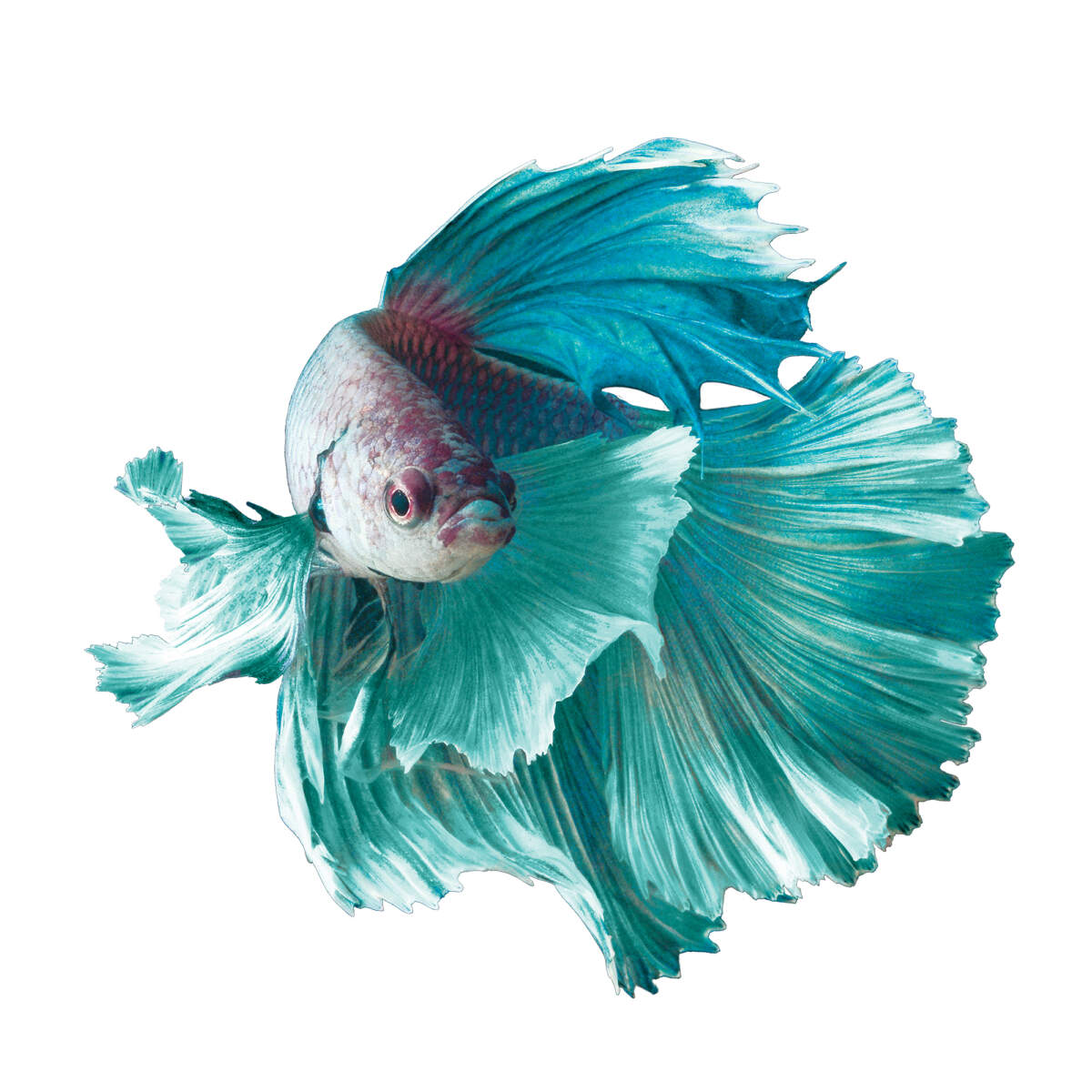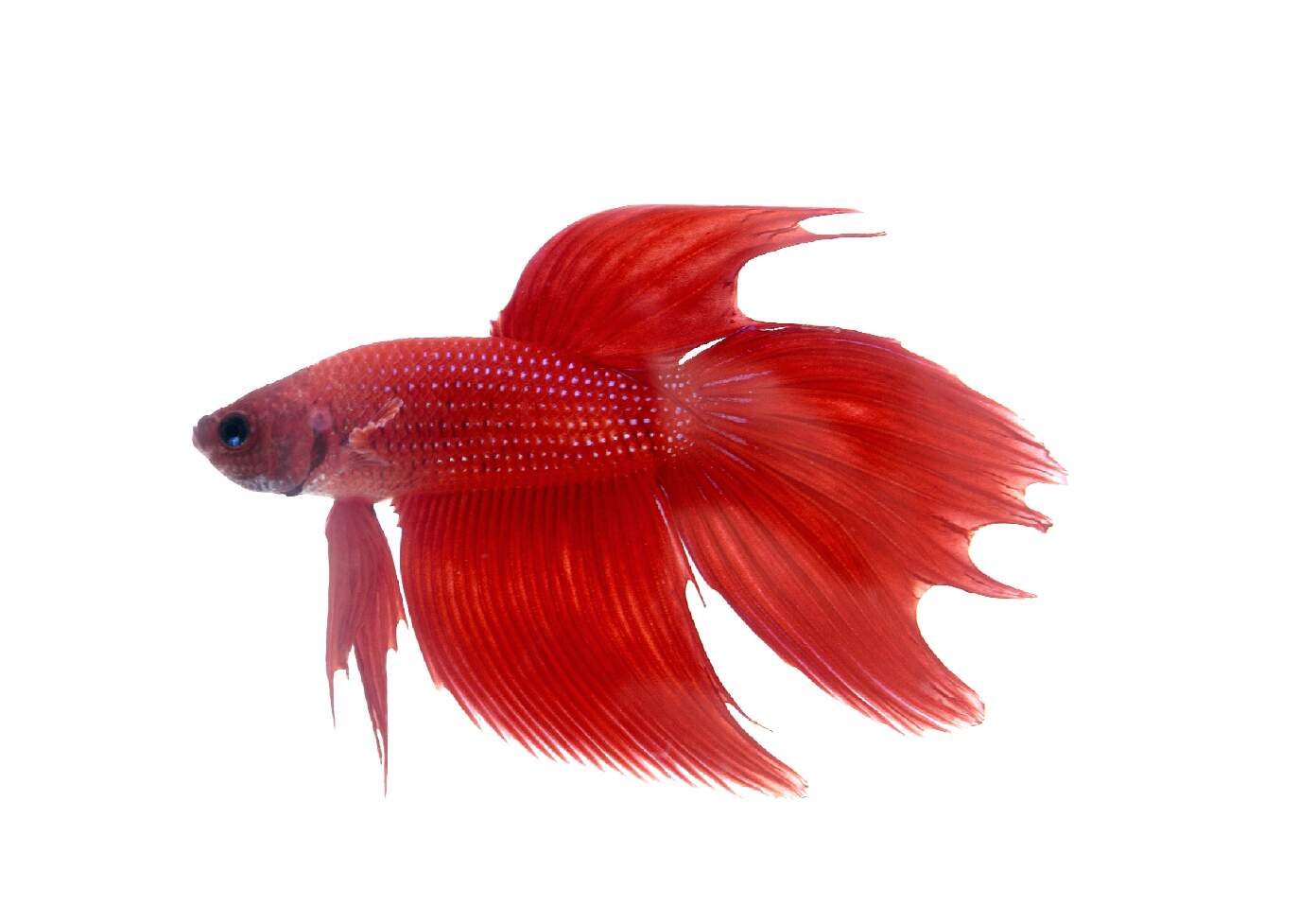Betta Fish Treatment: Crucial Tips for a Healthy and Pleased Animal
Betta Fish Treatment: Crucial Tips for a Healthy and Pleased Animal
Blog Article
All Concerning Betta Fish: Comprehending Their One-of-a-kind Demands, Habits, and the most effective Practices for Optimal Treatment
Recognizing the distinct demands and behaviors of Betta fish is crucial for any kind of aquarist looking to provide optimal care. betta fish. As we check out these components better, the effects for both novice and seasoned fish caretakers come to be progressively obvious, increasing questions about just how finest to suit these exceptional fish in our homes.
Betta Fish Summary
Although typically appreciated for their vibrant shades and streaming fins, Betta fish, medically known as Betta splendens, are intricate animals that call for details like prosper. Originating from Southeast Asia, these freshwater fish are recognized for their territorial nature and distinct actions. Betta fish display sex-related dimorphism, with males showing a lot more brilliant colors and longer fins than women.
Their aggressive propensities, particularly among men, necessitate cautious factor to consider when housing them. Bettas are frequently kept in single-specimen storage tanks to avoid territorial conflicts. They can exist side-by-side peacefully with particular compatible varieties in bigger community storage tanks, offered the setting meets their needs.

To make sure optimum care, aquarists have to comprehend their unique behavioral qualities, dietary demands, and habitat requirements. betta fish. With correct interest, Betta fish can display their dynamic individualities and flourish in a well-kept fish tank setup
All-natural Habitat and Setting
Betta fish prosper in a varied variety of all-natural environments, largely located in the superficial waters of Southeast Asia, including rice paddies, swamps, and slow-moving streams. These environments are defined by warm temperatures, generally between 75 ° F and 82 ° F(24 ° C and 28 ° C ), and a pH level varying from 6.5 to 7.5, which is perfect for their wellness and well-being.
In their natural environments, Betta fish are accustomed to dense plants, supplying both sanctuary and reproducing premises. The visibility of plants such as drifting water lilies and thick turfs not just uses security from predators but additionally adds to the oxygenation of the water, which is vital for their respiratory requirements. Additionally, these environments often have areas of still water, permitting Betta fish to display their natural habits such as bubble nesting.
Understanding the all-natural habitat of Betta fish is critical for fish tank enthusiasts. Reproducing these problems-- with water temperature, pH equilibrium, and the inclusion of online plants-- can considerably boost the general health and longevity of these fascinating fish, ensuring they flourish in a home fish tank setting.
Social Habits and Interactions
Comprehending the social actions and interactions of Betta fish is crucial for successful fish tank monitoring. Betta fish, or Siamese fighting fish, are recognized for their unique behavioral attributes, characterized mostly by territoriality and aggression. Males, in specific, present very hostile habits in the direction of each other, leading to the well-known online reputation of Betta fish as fighters. In a restricted area, 2 men can take part in fierce battles, often leading to injury or fatality.
Alternatively, women Bettas exhibit less aggressive behavior and can exist together in groups, understood as sororities, if introduced appropriately. Nevertheless, it is vital to check their communications closely, as pecking order and dominance can lead to conflicts. Comprehending the dynamics within a Betta neighborhood is crucial; developing concealing areas and guaranteeing adequate area can minimize aggression.
In addition, Betta fish may additionally show interest and social habits in the direction of various other types. While they can exist together with certain non-aggressive tank friends, it is important to pick compatible species to stay clear of anxiety and hostility. In general, recognizing these social communications is crucial to fostering an unified aquarium environment for Betta fish.
Crucial Treatment Guidelines
Giving proper treatment for Betta fish is critical to their health and wellness and well-being. To ensure a successful environment, it is important to preserve optimum water conditions. The water temperature level must be kept between 76 ° F and 82 ° F(24 ° C to 28 ° C), while pH degrees ought to vary from 6.5 to 7.5. Routine water adjustments-- roughly 25% weekly-- aid preserve water quality.
Betta fish require an appropriate container size; a minimum of 5 gallons is suggested to give sufficient space for swimming and hiding. Consist of decors and plants to develop a revitalizing environment, however stay clear of sharp things that could hurt their fragile fins.

Lastly, guarantee the tank is geared up with a filter to keep the water tidy, yet utilize a mild filter to stay clear of solid currents that can emphasize the fish. By complying check here with these important care guidelines, owners can promote a healthy and vibrant Betta fish.
Common Health Issues and Solutions
In the care of Betta fish, recognition of typical health concerns is necessary for preserving their well-being. To deal with fin rot, improve water problems and think about utilizing a broad-spectrum antibiotic.
Another typical condition is ich, a parasitic infection defined by white areas on the fish's body (betta fish). Therapy entails enhancing water temperature and including aquarium salt to the storage tank, as this can help get rid of the bloodsucker
Swim bladder disorder is additionally frequently observed, bring about buoyancy problems. This problem might develop from overfeeding or bowel irregularity. A fasting period of 24-48 hours, complied with by a diet of blanched peas, can offer alleviation.
Lastly, bettas a knockout post might deal with velvet illness, indicated by a gold dust-like look on their skin. Treatment generally needs drug specifically created for exterior parasites, together with boosted tank hygiene.
Normal tracking of water criteria, preserving a tidy environment, and supplying a well balanced diet are vital safety nets. By resolving these health and wellness concerns quickly, Betta fish can lead healthier, more lively lives.
Conclusion
In recap, successful betta fish treatment needs an understanding of their special demands and behaviors. Regular monitoring of wellness and water high quality, along with a balanced diet regimen, adds to the longevity and recommended you read vibrancy of betta fish.
Report this page